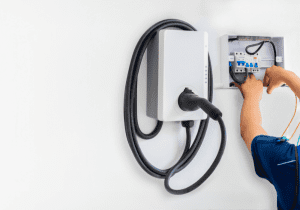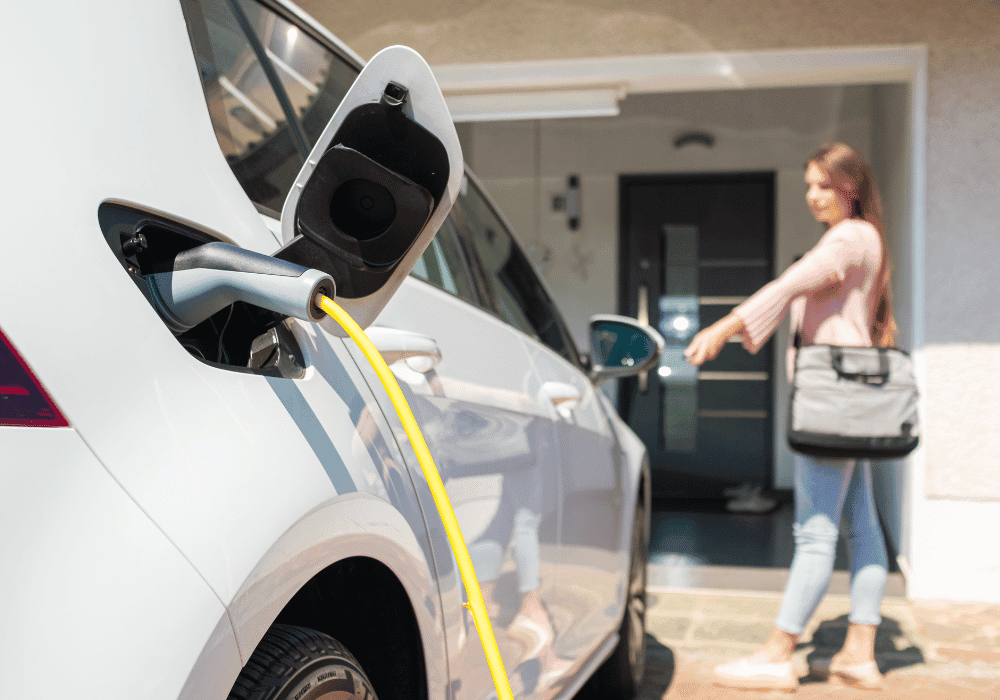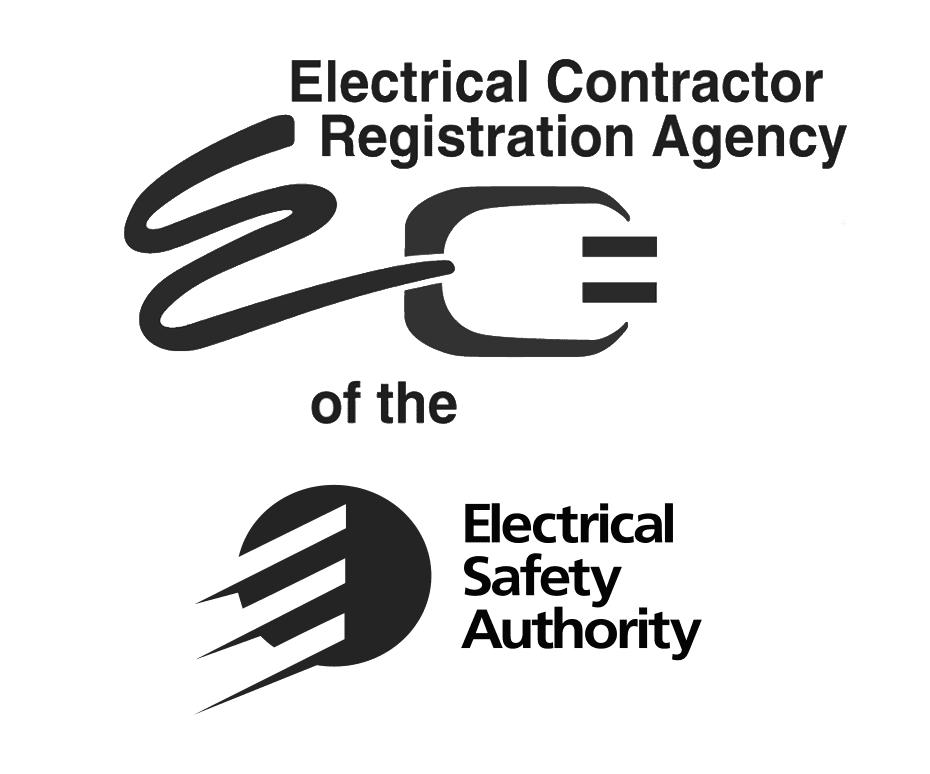With the surge in electric vehicle (EV) popularity, a common question emerges from both potential buyers and curious onlookers alike: Do all electric cars use the same charger? This question is more than just a matter of convenience; it’s a crucial aspect of the infrastructure supporting the world’s shift towards sustainable transportation.
Understanding EV Charging Standards
 The world of EV charging includes a range of standards, each designed with specific criteria in mind. Broadly speaking, EV chargers are categorized into three types based on their charging speed and power output:
The world of EV charging includes a range of standards, each designed with specific criteria in mind. Broadly speaking, EV chargers are categorized into three types based on their charging speed and power output:
1. Level 1 Charging
- Charging Speed: Slow
- Power Output: 120 volts (Standard household outlet in the U.S.)
- Typical Use: Overnight charging at home
2. Level 2 Charging
- Charging Speed: Medium
- Power Output: 240 volts (Similar to a large household appliance like a dryer)
- Typical Use: Home, workplace, and public locations
3. DC Fast Charging (DCFC)
- Charging Speed: Fast
- Power Output: 480+ volts
- Typical Use: Quick charging stops during long trips
While the charging levels provide a framework for understanding EV charging speed, the story doesn’t end there. Within these levels, various connectors and charging standards come into play, further complicating the landscape.
Connector Types and Charging Standards
North America
- SAE J1772 (Type 1): This connector is standard for Level 1 and Level 2 charging in North America. Virtually all EVs can charge using an adapter if they don’t come with this plug type.
- CHAdeMO: Once a popular standard for DC fast charging, CHAdeMO is being gradually phased out in favor of newer technologies.
- Combined Charging System (CCS): This is becoming the standard for DC fast charging in North America and Europe, combining the J1772 plug with additional pins for fast charging.
Tesla’s Unique Ecosystem
Tesla, a major player in the EV market, has developed its proprietary charging technology, including the Supercharger network for DC fast charging and the Tesla Wall Connector for home charging. However, Tesla is increasingly adopting more universal standards in certain regions and offering adapters for others.
What Does This Mean for Electric Car Owners?
 The diversity in EV charging standards and connectors means that, currently, not all electric cars use the same charger. This scenario necessitates some planning for EV owners, especially for long-distance travel where DC fast charging is concerned.
The diversity in EV charging standards and connectors means that, currently, not all electric cars use the same charger. This scenario necessitates some planning for EV owners, especially for long-distance travel where DC fast charging is concerned.
Overcoming the Challenge
Most public charging stations now offer multiple connector types, catering to the various standards across different vehicle models. EV owners can often use adapters to charge their vehicles at stations not equipped with their car’s native plug.
Looking Ahead
The industry is moving towards greater standardization with a strong push for the CCS standard in North America and Europe. Such moves aim to simplify EV charging infrastructure and make it more uniform across different EV makes and models, which will, in turn, enhance the EV ownership experience.


